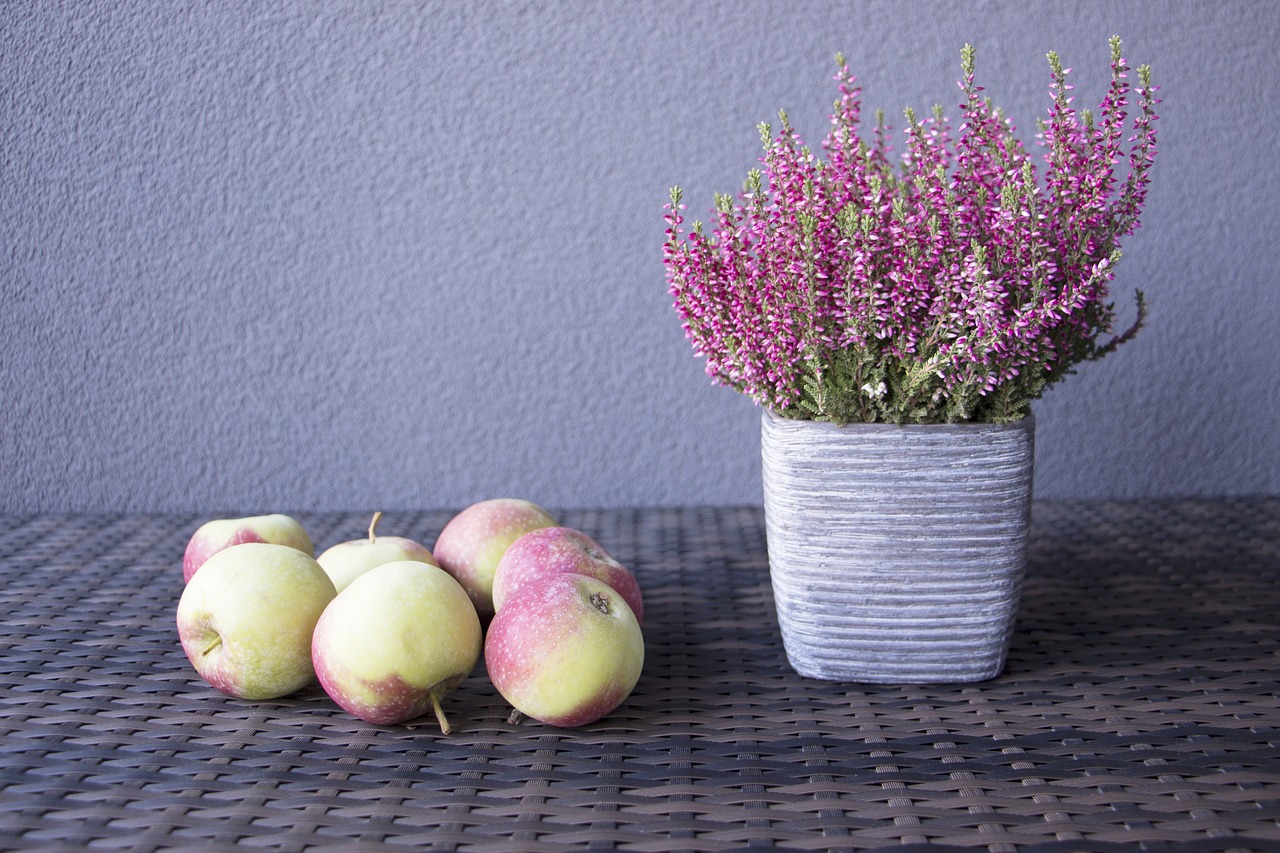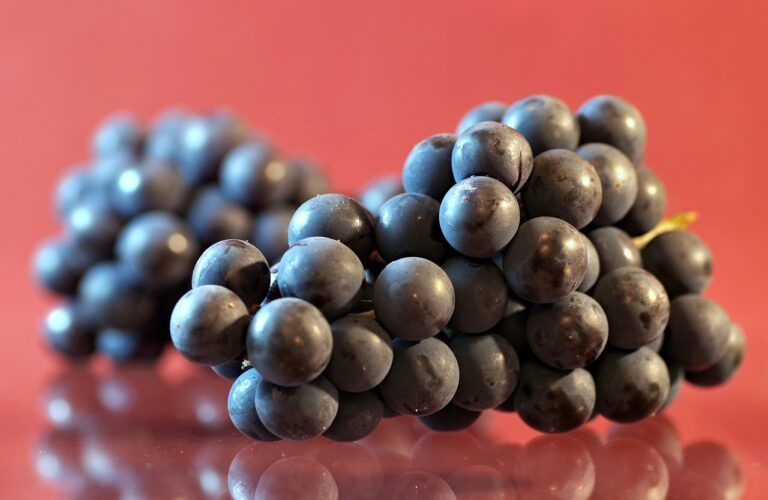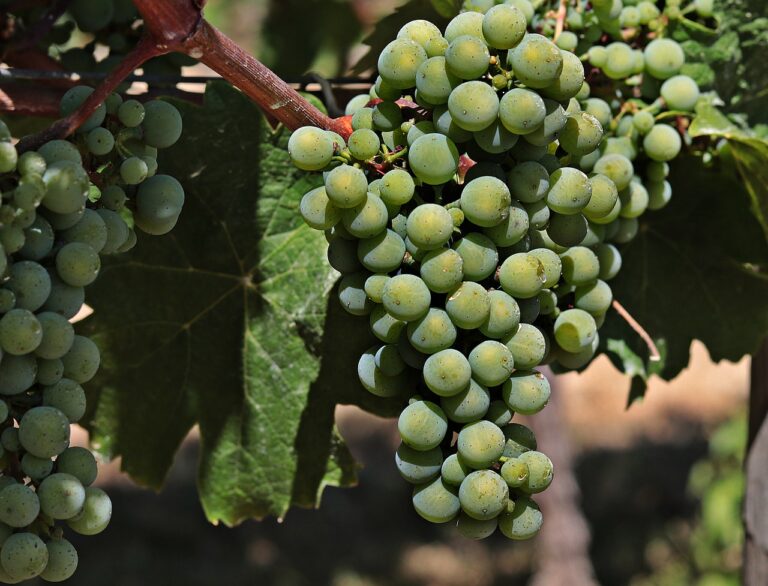The Role of Olive Oil in Mediterranean Festivals: Betbook250 com login, Reddyanna247, Play lotus365.com login
betbook250 com login, reddyanna247, play lotus365.com login: When it comes to Mediterranean festivals, one element that consistently stands out is the prominent role of olive oil. This versatile ingredient is not only a staple in Mediterranean cuisine but also plays a significant role in various traditional festivals and celebrations across the region.
Olive oil has been an integral part of Mediterranean culture for centuries, with its roots deeply embedded in the history and traditions of the region. From religious ceremonies to harvest festivals, olive oil is used in a myriad of ways to symbolize prosperity, health, and abundance.
In this article, we will explore the unique role of olive oil in Mediterranean festivals, shedding light on its cultural significance and the various ways in which it is used to enhance the celebrations.
The Olive Oil Harvest Festival
One of the most important festivals where olive oil takes center stage is the Olive Oil Harvest Festival, celebrated in many Mediterranean countries during the fall season. This festival marks the culmination of the olive harvest, a time when families and communities come together to celebrate the abundance of fresh olive oil.
During the festival, olive oil is used in abundance in traditional dishes such as salads, soups, and stews. It is also poured over bread and drizzled on top of various dishes as a symbol of prosperity and good fortune. The festival is often accompanied by music, dancing, and other cultural activities that showcase the rich heritage of the region.
The Rituals and Ceremonies
In addition to the Olive Oil Harvest Festival, olive oil is also used in various rituals and ceremonies throughout the Mediterranean. In Greece, for example, olive oil is a key ingredient in the Orthodox Church’s sacraments, including baptism, chrismation, and the anointing of the sick.
During these ceremonies, the priest anoints the individual with olive oil as a symbol of healing, protection, and spiritual nourishment. Olive oil is also used in religious processions and festivals to bless participants and ward off evil spirits.
Celebrating with Olive Oil
In Italy, olive oil plays a central role in many festivals and celebrations, especially in regions renowned for their olive oil production, such as Tuscany and Sicily. During the famous Festa dell’Olio in Tuscany, locals and visitors gather to sample freshly pressed olive oil, enjoy traditional Tuscan fare, and participate in olive oil tasting sessions.
The festival is a joyful celebration of the region’s olive oil heritage, with music, dance, and food stalls lining the streets. Visitors can learn about the olive oil production process, from harvesting the olives to pressing the oil, and gain a deeper appreciation for this essential ingredient.
Olive Oil in Traditional Dishes
No Mediterranean festival would be complete without a feast of traditional dishes made with olive oil. From Greek moussaka to Italian bruschetta, olive oil is a key ingredient in many iconic Mediterranean recipes. Its rich flavor and health benefits make it a versatile and beloved ingredient in the Mediterranean diet.
In Spain, olive oil is used to make classic dishes such as paella, gazpacho, and fried fish. The country’s olive oil production is renowned worldwide, with different regions producing unique varieties of olive oil that add depth and flavor to traditional Spanish cuisine.
Olive Oil in Cultural Heritage
Beyond its culinary uses, olive oil also holds a special place in the cultural heritage of the Mediterranean. In countries like Morocco, Tunisia, and Lebanon, olive oil is used in traditional beauty rituals and skincare regimens. The oil is believed to nourish and moisturize the skin, leaving it soft and supple.
In Tunisia, olive oil is used in hammam rituals, where the body is scrubbed with an olive oil-based soap and then massaged with pure olive oil. This ancient practice is not only a luxurious treat for the skin but also a deeply ingrained part of Tunisian culture and identity.
FAQs
Q: What makes olive oil so special in Mediterranean cuisine?
A: Olive oil is prized for its rich flavor, versatility, and health benefits. It is a key ingredient in many Mediterranean dishes and is used for cooking, dressing salads, and marinating meats and vegetables.
Q: How is olive oil produced in the Mediterranean?
A: Olive oil is produced by crushing and pressing olives to extract the oil. The process varies depending on the region and the type of olive oil being produced, but it generally involves washing the olives, crushing them into a paste, and extracting the oil through pressing or centrifugation.
Q: What are the health benefits of olive oil?
A: Olive oil is rich in antioxidants, monounsaturated fats, and vitamins E and K. It has been linked to numerous health benefits, including reducing the risk of heart disease, lowering inflammation, and improving cognitive function.
Q: How should olive oil be stored?
A: Olive oil should be stored in a cool, dark place away from heat and light to prevent oxidation. It is best kept in a tightly sealed container to preserve its flavor and quality.
Q: Are there different types of olive oil?
A: Yes, there are several types of olive oil, including extra virgin, virgin, light, and pomace olive oil. Extra virgin olive oil is the highest quality and is made from cold-pressed olives without the use of chemicals or heat.
Q: Can olive oil be used for skincare?
A: Yes, olive oil is a popular natural skincare ingredient due to its moisturizing and nourishing properties. It can be used as a facial cleanser, moisturizer, or hair treatment to promote healthy skin and hair.
In conclusion, olive oil plays a vital role in Mediterranean festivals, enriching the cultural heritage and culinary traditions of the region. From harvest celebrations to religious ceremonies, olive oil is a symbol of prosperity, health, and community in the Mediterranean. So next time you attend a Mediterranean festival, be sure to savor the taste of this golden elixir and appreciate its significance in bringing people together.







